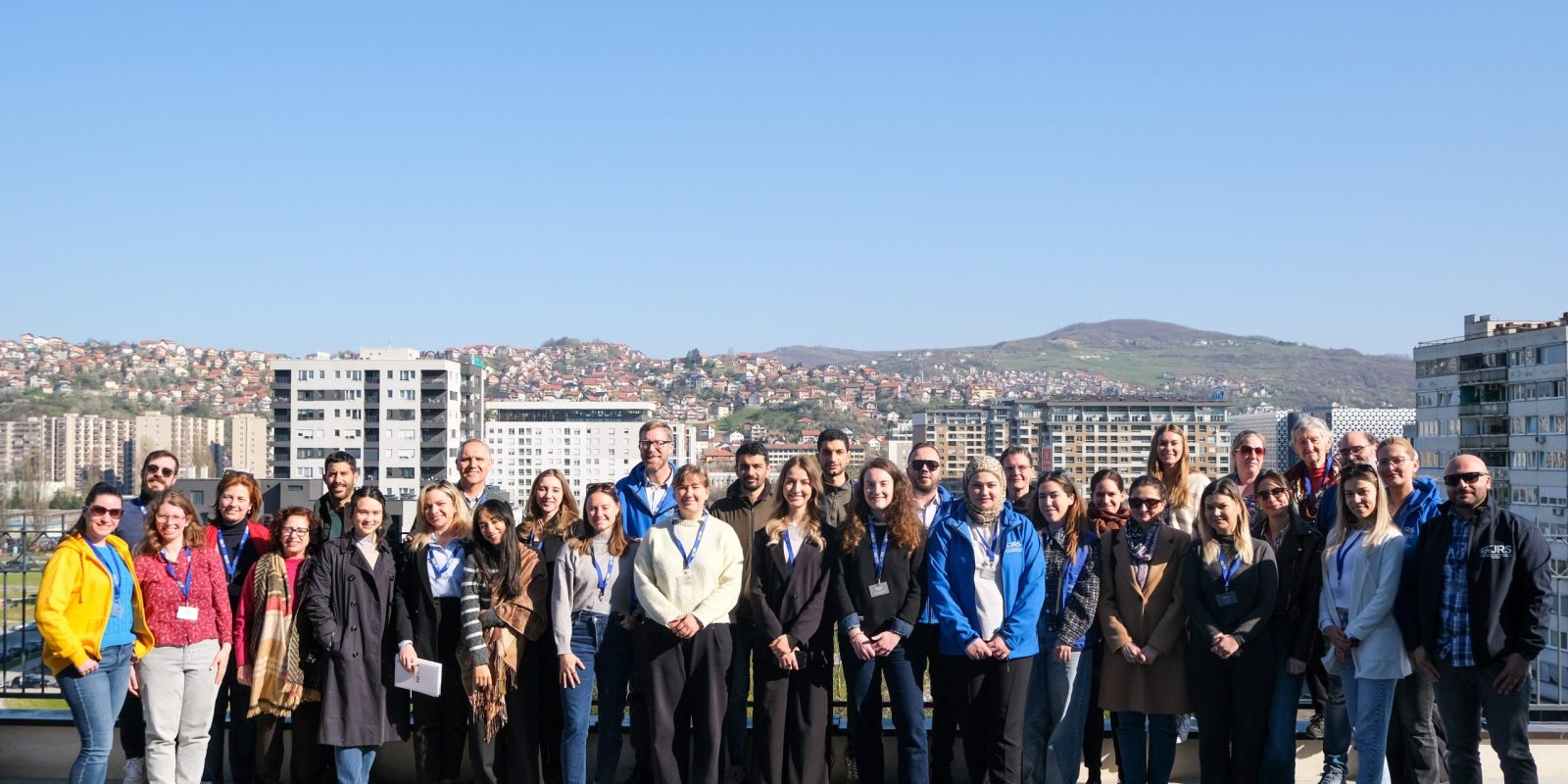Protection with Dignity: A Humane Response to Global Forced Displacement
09 November 2021

On the 3rd of November, JRS Ireland published “Protection with Dignity: A Humane Response to Global Forced Displacement”. The report touches upon the issues of the growing global displacement, the current situation in Europe, and the resettlement of refugees in Ireland. It also gives guidelines and recommendations to reframe the response to global forced displacement.
More global displacement, less protection
The report finds that, while global forced displacement is at a record level, this does not translate in meaningful increase of protection space on a global level and significant gaps in refugee protection are identified, especially related to climate induced displacement.
The situation in Europe is one of growing polarization, shaped by the strengthening of populist governments and anti-immigrant sentiment, and the consequent erosion of protection. Worryingly, instead of strive to expand protection space, the new EU Pact on Migration and Asylum focuses primarily on externalization, border controls, and optional solidarity.
In the past few years, Ireland invested in various approaches when talking about access to protection: they expanded safe and legal pathways to protection, had positive integration outcomes, assessed the efficiency of their Resettlement Model, and improved the Community Sponsorship. Unfortunately, many of these efforts were not enough with few numbers of beneficiaries and due to some operational and practical difficulties.
Recommendations for a humane response to global displacement
In light of these findings JRS Ireland formulates the following recommendations:
- At the global level, National Governments should keep their work on pledges and commitments made in the occasion of the Global Refugee Forum, introduce safe and legal pathways to protection, and enhance practices and policies on reception and integration.
- At the EU level, Member States should develop solidarity mechanisms and challenge those policies and practices preventing access to protection for asylum seekers in Europe, including those trying to reach its borders.
- At the national level, Ireland should develop Humanitarian Assistance Programmes, expand the Community Sponsorship Programme, and accelerate arrivals under resettlement programmes.
Finally, JRS Ireland also makes a global call to action for civil society and faith-based organisations to raise and coordinate funds in order to support forcibly displaced people.

